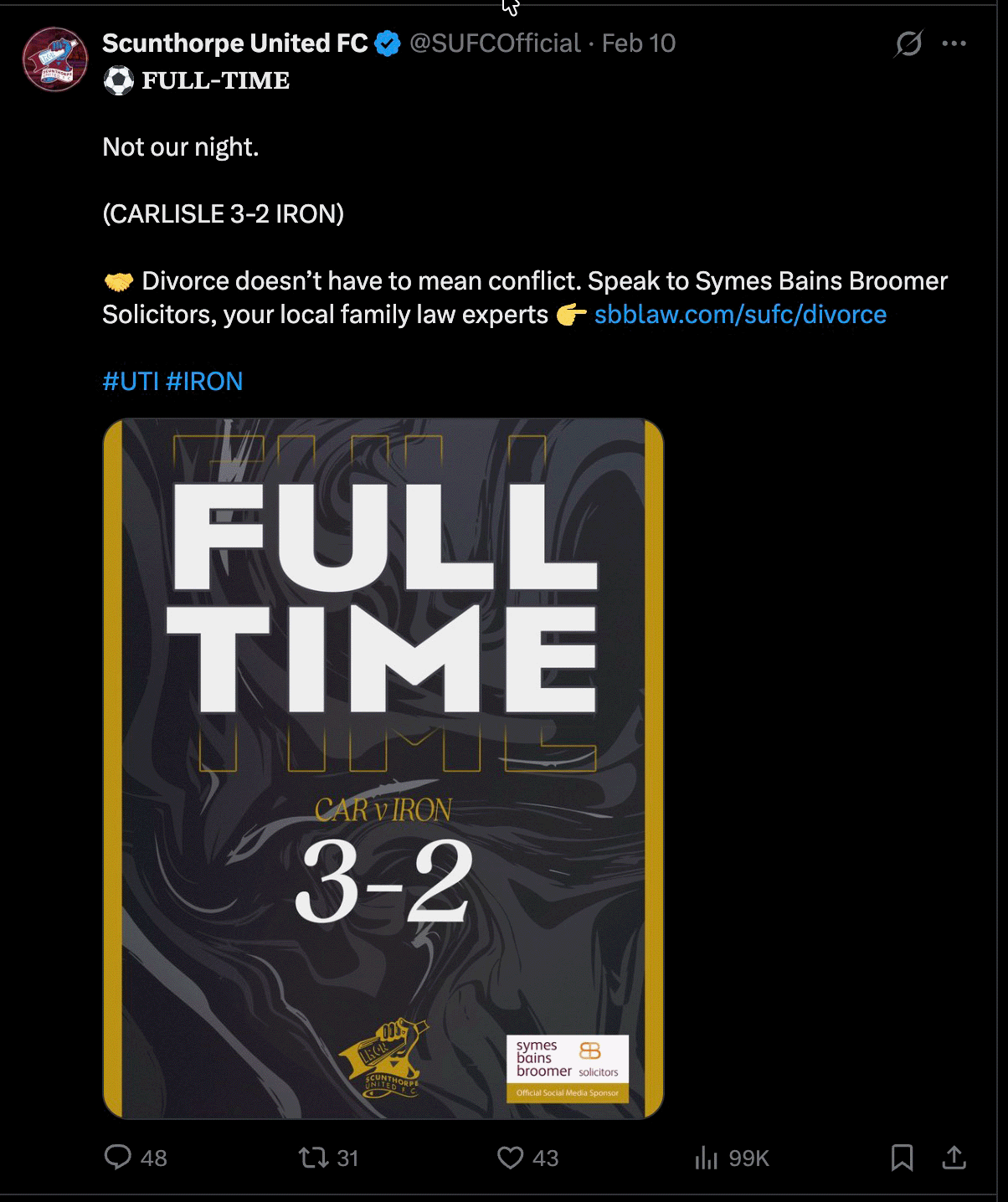Law Society’s Gazette, April 1952
Can I help you? Recollections of a Broadcasting Man
By Dudley Perkins, M. A.
I was the first lawyer to be invited [to answer listeners’ questions on the radio programme ‘Can I help you?’] and I think the BBC were a little nervous about it. They thought a lawyer would be too stiff, too unbending; that he would be too cautious and non-committal; too afraid of being wrong if he became colloquial. To comply with professional etiquette, it was never announced that I was a solicitor and so there seemed little danger of attracting business unfairly. Indeed, what I was anxious to do was to persuade the kind of people who seldom, if ever, consulted a solicitor that most solicitors are human and can be friends in need.
My first script was passable, but my second script was terrible. The BBC producer responsible for me had to rewrite most of it. And so I began to learn the painful lesson that I must not merely be lucid: I must talk.
The written script must be capable of being spoken. Here is the simplest and shortest sentence I have been able to find in a well-known textbook on the law of tort: ‘But evidence that a horse has a propensity to bite other horses is not evidence of a propensity to bite human beings.’
This is terse, crisp writing which the eye and mind understand at once. But it won’t do at the microphone. Half a dozen sentences like that and the talk is dead. You must say instead: ‘Because a horse bites another horse, it doesn’t follow that he will bite a man.’
And what’s more, it’s not enough to lighten your script from time to time with a short sentence using Anglo-Saxon words and concrete examples. Almost the whole of the script must be written in that apparently easy style. An abstraction, or a long sentence with relative clauses, must be the rare exception, only permitted if it is necessary to get a legal point accurately expressed.
Look at any solicitor’s letter, counsel’s opinion or legal text-book and see how much more naturally we all fall into writing like this: ‘In order, however, to render the owner of an animal liable for damage done in the exercise of a mischievous propensity it is not necessary to show that it has actually done that kind of damage on a previous occasion, it is sufficient to show that it has previously manifested that propensity.’
If I went on like that the noise of switches being clicked off might even reach Broadcasting House.
Law Society’s Gazette, April 1972
Letters to the editor
In reply to Mr Steele’s lament (8 March) at the audacity of articled clerks who dare to seek a realistic salary:
If articled clerks cannot be paid a ‘living wage’, then many potential lawyers, and the profession, will be denied the fruits of their ability: the profession will continue to perpetuate itself as middle-class based. Is this a welcome prospect for a profession that represents all walks of life?B D Nalson, Leeds
Fortunately for the profession, today’s articled clerks will realise when they become solicitors that the best articled clerks are not always the ones with the richest parents.B S Spanjar, EC2



























No comments yet